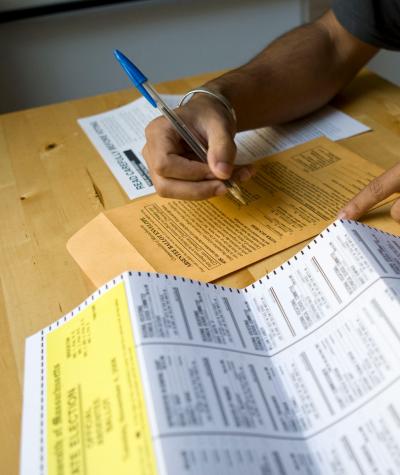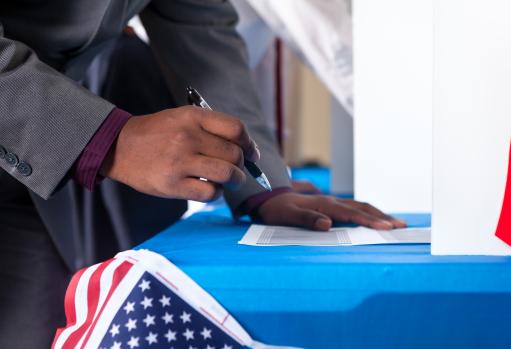No voter should have to choose between protecting their health and exercising their right to vote, particularly in the middle of a global pandemic.
The state of Tennessee imposes strict limits on eligibility for voting absentee and even uses criminal penalties to deter people from assisting voters with obtaining absentee ballots.
Tennessee is one of a minority of states that still requires voters to provide an excuse before they can vote by mail in any election, and its list of excuses is extremely narrow. It is among an even smaller minority of states who have not removed or expanded that excuse requirement for the upcoming 2020 elections in light of the ongoing public health crisis triggered by the rapid spread of COVID-19.
To fix this problem, Campaign Legal Center (CLC) and the Lawyers’ Committee for Civil Rights Under Law filed a lawsuit on May 1, 2020 on behalf of two qualified voters and organizations whose members are not eligible for vote by mail under the current law but wish to avoid exposing themselves or elderly family members to COVID-19.
Other plaintiffs include five organizations facing restrictions preventing them from carrying out necessary voter engagement activities for their members and the community in 2020. Under Tennessee law, the organizations can be punished for giving voters unsolicited requests for an absentee ballot with up to 11 months and 29 days in prison, a fine of up to $2,500, or both.
Typically, Tennesseans have cast their ballots largely in person. Recently, the rapid shift toward voting by mail has revealed how unprepared Tennessee is to ensure all absentee ballots are counted in the upcoming elections.
The state gives election officials discretion to reject absentee ballots when elections officials decide, in their judgment, that the voter’s signature on their ballot doesn’t match the voter’s signature on file with the voter registration. This “matching” process is unreliable and prone to mistakes, and because the state does not give voters any opportunity to fix apparent problems with their ballot, it leads to disenfranchisement.
During this ongoing public health crisis, Tennessee’s failure to accommodate voters is threatening the ability of citizens and organizations to participate in the civic process. The courts need to step in to protect their rights.

